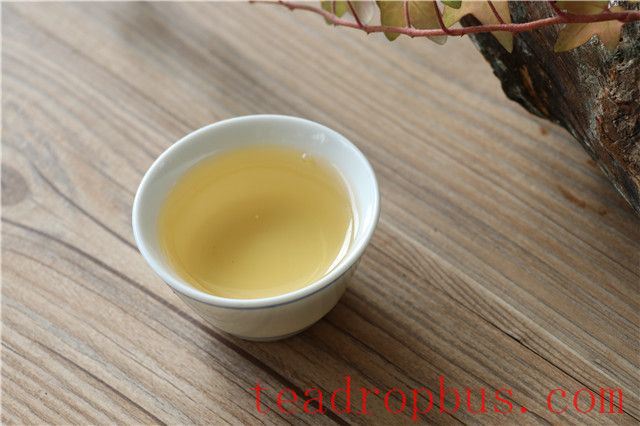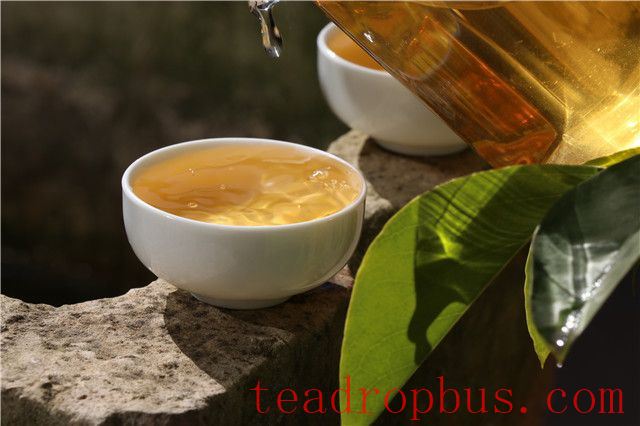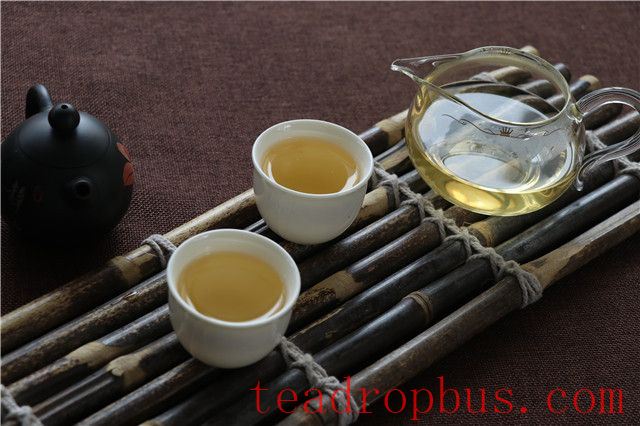Tea water can counteract the effects of medications; generally, doctors do not recommend taking medications with tea water. When taking medication, it should be washed down with plain boiled water. If you wish to drink tea water, wait for at least half an hour after taking your medication, which ensures it does not impact the effectiveness of the drug. Drinking moderate amounts of tea water is beneficial for health; however, it should not be consumed concurrently with taking medication as it may negate the therapeutic effects. Tannic substances in tea can combine with ions present in some medications.

Does Drinking Tea Affect Medication Efficacy?
The consumption of tea while taking medication can affect its efficacy. The Tannic acid, Caffeine, and other alkaloids in tea may chemically react with certain components of the medication, hindering its normal therapeutic effect and preventing the medication from achieving its intended treatment goals. In severe cases, this interaction may exacerbate or trigger adverse reactions to the medication. Additionally, tea can irritate the gastrointestinal tract, leading to symptoms such as heartburn and abdominal pain.

For example, if you are taking sedative-hypnotic drugs like diazepam or phenobarbital, these medications typically work by inhibiting central nervous system activity to achieve their therapeutic effects. However, the caffeine in tea stimulates the central nervous system, preventing the medication from exerting its desired sedative-hypnotic action. Therefore, during the course of treatment, clinicians generally advise against drinking tea and especially against using tea water to take medication.

When administering oral medications, doctors usually recommend using warm boiled water to take the medication. This approach ensures the bioavailability of the drug without interacting with it and reducing its efficacy. It also helps avoid additional irritation to the gastrointestinal tract caused by the medication.